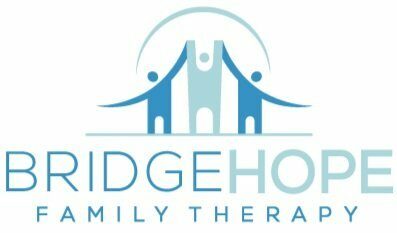Defining Feelings and Values
The interplay between feelings and values forms a crucial intersection that profoundly shapes our thoughts, actions, and relationships. Feelings, often spontaneous and visceral, and values, the deeply held beliefs that guide our choices, are not separate entities but rather intertwined forces that influence how we perceive the world and navigate our lives. Understanding this intersection is not only important for personal growth but also for fostering empathy, making ethical decisions, and building meaningful connections with others. Often, when someone trespasses one our values, are feelings are activated. This is one indication that your feelings matter and can be guideposts as you navigate social interactions. Identify the values most important to you here.
Feelings encompass a broad spectrum of emotions ranging from joy and love to sadness and anger. They are our immediate responses to external stimuli or internal thoughts, reflecting our emotional state at any given moment. In contrast, values are foundational principles and beliefs that serve as guiding lights in our decision-making processes. They are shaped by upbringing, culture, personal experiences, and philosophical or religious perspectives, representing what we deem as important or desirable in life.
What makes the intersection of feelings and values intriguing is their dynamic interaction. Our values often influence how we interpret and respond to our emotions. For instance, someone who values honesty might feel a pang of guilt when they tell a white lie, while another person who values kindness might experience satisfaction when helping someone in need. Conversely, our feelings can challenge or reaffirm our values. A sense of injustice can ignite feelings of anger that compel us to take action aligned with our belief in fairness. When someone is acting in accordance with their values, they can feel peace and calm.
Importance in Personal Growth
Exploring the intersection of feelings and values is essential for personal growth and self-awareness. By examining how our emotions align or conflict with our values, we gain deeper insights into our motivations, strengths, and areas for improvement. This self-reflection enables us to make conscious choices that are in harmony with our core beliefs, fostering authenticity and a sense of integrity in our actions.
Moreover, acknowledging and understanding our feelings in relation to our values allows us to navigate life’s challenges more effectively. It empowers us to manage stress, resolve conflicts, and make decisions that resonate with our true selves. For example, recognizing when fear is driving our hesitation in pursuing a career change can prompt us to reassess our values of growth and fulfillment, ultimately leading to a more fulfilling professional path.
Navigating Complexity
It’s important to acknowledge that navigating the intersection of feelings and values can be challenging. Conflicting emotions or uncertain values may create internal turmoil or indecision. However, embracing this complexity allows us to grow emotionally and intellectually. It encourages open dialogue, self-compassion, and the willingness to evolve as our understanding of ourselves and the world deepens.
Taking Inventory of Your Life

Taking inventory of your life. BridgeHope Family Therapy offers a free Values Exercise tool to determine what your top values are.
For some people, it may be easy to identify values, while for others, it may be more difficult. This may be because, depending on life experiences and relationships, values may change over time, as well as the importance of these values. What are your top three values important to you right now? Not sure or having trouble?
BridgeHope Family Therapy offers a free Values Exercise tool to determine what your top values are.
How to find direction in life when you are lost
Don’t feel like you are measuring up to your values? Are you noticing you keep repeating the same mistakes or falling into the same patterns? Come and talk with me about where you are and where you want to be. Let’s get you started on that journey.
Let’s have a free 15-minute consultation about what is going on for you
Let’s have a free 15-minute consultation about what is going on for you




